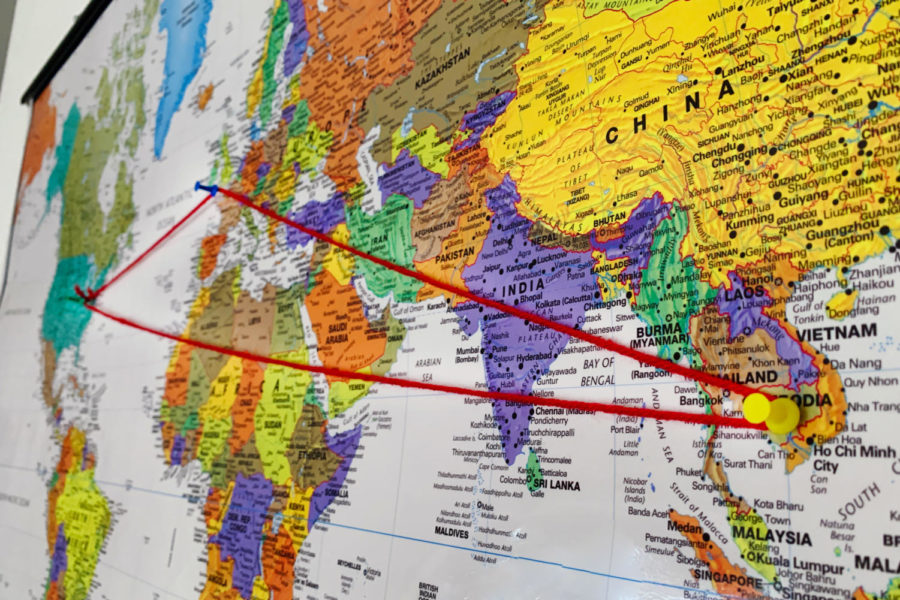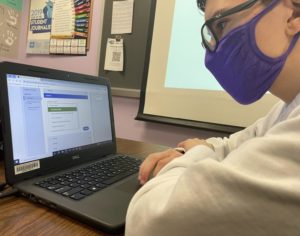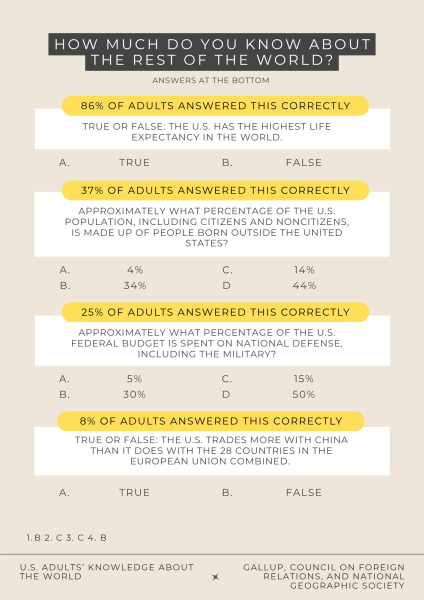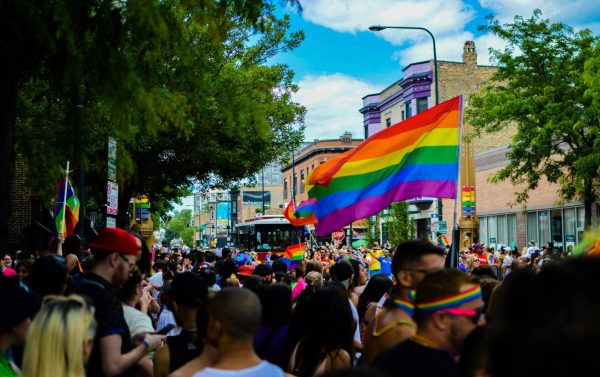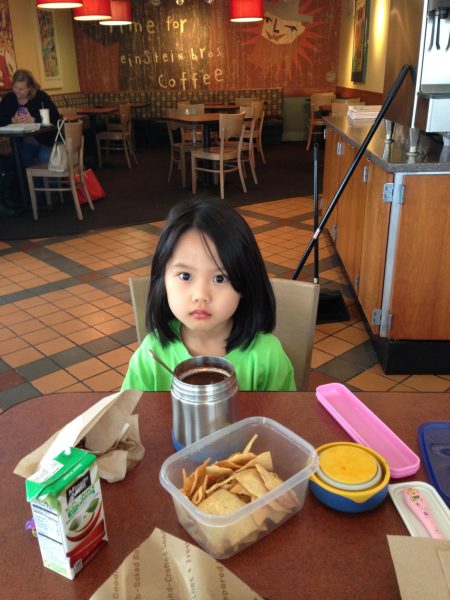Personal column: names contain rich histories, require respect
My last name has evolved throughout its existence, taking aspects of Cambodian, French and American culture to become what it is today.
Christmas 2021: the catalyst was a family poker game in California. My uncle, the dealer, turned to my dad and said, “Mr. Oeur, it’s your turn.”
While my dad had no reaction, I was immediately thrown off kilter: my uncle had pronounced our last name as “Er.” I confronted my dad that night and was shocked when he let me know that the way I had been pronouncing my last name—“Or”—was a westernized version. He added that the authentic way to say our last name was probably closer to what my uncle said. He wasn’t sure, though.
My last name is derived from Cambodian, but since Cambodia was colonized by the French, Oeur is arguably French in origin. Because of the three vowels in a row, my whole family is used to being asked by others how to say our surname. I don’t blame others for not getting it—I probably wouldn’t be able to say it if I wasn’t born with it.
In my own research, searching “Oeur” in Google came up with some stock company. Searching my dad’s name specifically gave me King Richard the Lionheart. The most conclusive thing I learned is that Oeur is an extremely rare last name, with only around 319 people bearing it globally, according to Forebears. For reference, my mom’s maiden name, “Fong,” is carried by over 100,000 people.
Thus, in a convoluted effort to expand my knowledge base, I made it an item on my high school bucket list that I would ask a French teacher how to say my last name authentically. I wanted to know, officially.
On Feb. 10, I visited French teacher Elaine Gonzalez to figure out how to say my last name in French. She told me Oeur is pronounced “uhrr” but is similar to French words that have the ending “-œur.” For example, “cœur” means heart and “sœur” means sister.
“The thing that I find interesting is just that it seems to be chopped off; the front part of it seems to be missing,” Gonzalez said. “And was it? Did it come from a region? There wasn’t a region that I found, but there is one region called Eure. I thought maybe it came from that, so it could be regional.”
The experience was both enlightening and entertaining, and the knowledge she gave me has unveiled some of the uncertainty that surrounds my last name. Nonetheless, I already knew it wasn’t going to change how I pronounce my name. I will still say Oeur how I’ve said it my entire life. Yes, my last name has been Anglicized. But no, I will not start pronouncing it the “real” way, because the way I say it is what I was born with and the only pronunciation I identify with. I hope others respect that.
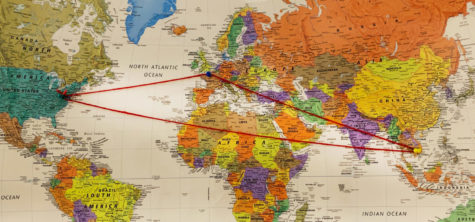
Many are under the impression that assuming a pronunciation shows how cultured they are, that faux-rolling r’s and lilting syllables prove their worldliness and intelligence. However, wrong assumptions force people to deal with labels that just aren’t quite right and acknowledge others’ disrespect every time they’re called upon.
Every name has a story, whether it be a first name or a last name. Often, names have cultural, religious or familial significance that characterize a person’s heritage and represent a rich narrative. Some people choose to use preferred names specifically chosen because they associate with it more than the one they were born with. Even nicknames carry importance, as asking a person to use a more colloquial form of a name can build trust in a relationship. By saying a name incorrectly, a person may not just be committing a minor transgression—they may be disregarding someone’s entire character and background.
Names are an integral part of people’s identities in not only how they are spelled, but also in how they are said. All we have to do is listen and try. Ask people how to say their name first, and use what they say, not what you think. After all, it’s their name, not yours.
Your donation will support the student journalists of Chantilly High School. Your contribution will allow us to cover our printing and annual website hosting costs.
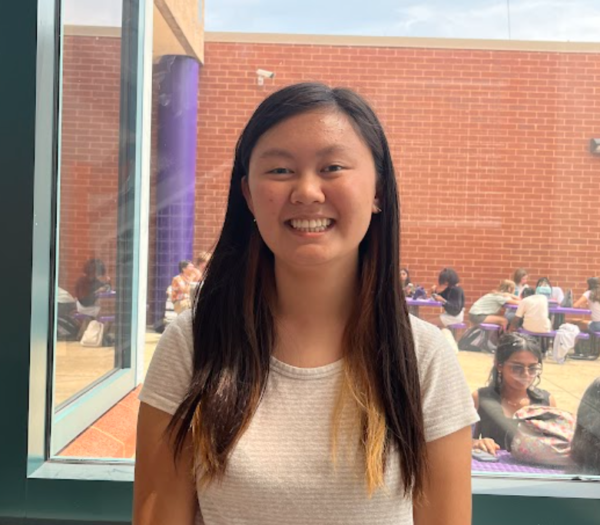
Haley Oeur is a senior in her third year with The Purple Tide. She loves walking into random clubs, and is part of the quiz bowl team, Reader's Club, Photo...


